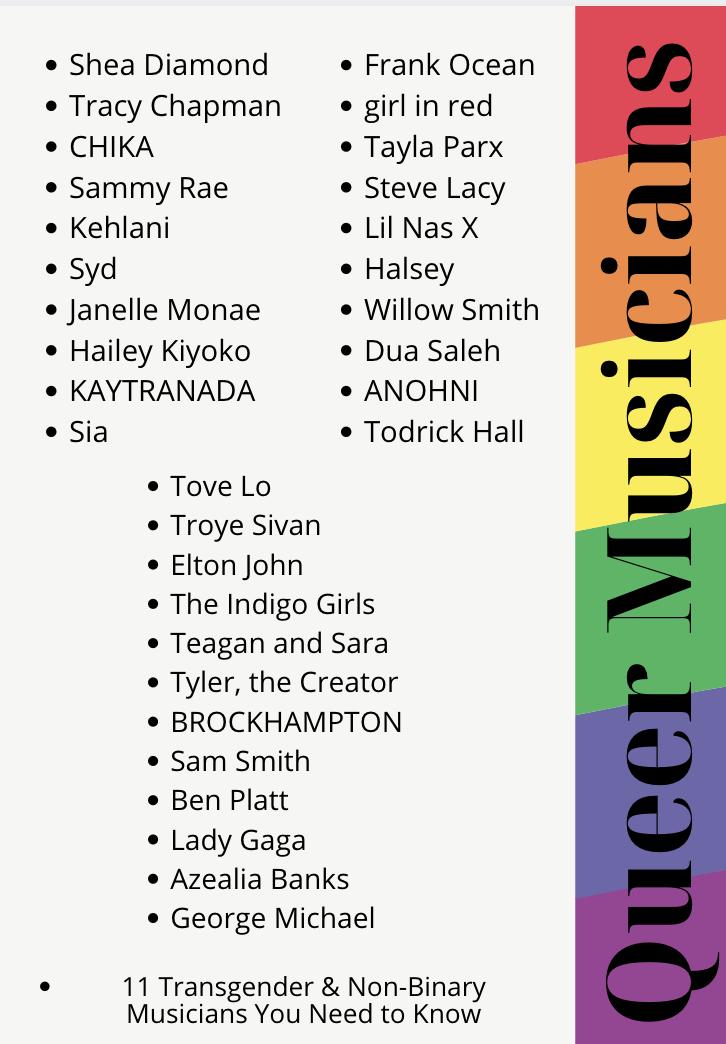
6 minute read
Feminist Five!: Pride Month Edition
Persepolis is an autobiographical graphic novel written by Marjane MayaAngelouwasborn Satrapi. The book was originally published in French and has sold onApril4th, 1924inSt. Louis, Missouri. This In this New York Times bestseller, Ijeoma Oluo offers a hard-hitting but month(her millions of copies and has been translated into several languages. The story follows Satrapi’s childhood and upbringing in Iran during the birthdaymonth)we’llhonorherlifeandwork. user-friendly examination of race in America. “Okparanta delivers a gripping novel about a young gay woman’s coming of age in Nigeria during the Nigerian civil war.”- The Guardian Hunger is a memoir written by Roxane Gay. It was published on June 13th, 2017 Islamic Revolution. The title references the ancient capital of the and it is 320 pages long. Hunger is a personal account of Roxane Gay’s life, largely Persian empire. The book was on the American Library Association’s Maya Angelou was an African American poet, singer, memoirist and civil rights activist. She has authored plays, movies and television shows in addition to poetry books and Widespread reporting on aspects of white supremacy--from police “In Chinelo Okparanta’s new novel Under the Udala Trees, a chance meeting consumed by her weight. She addresses her experience of living in a body without list of Top Ten Most Challenged Books in 2014. several autobiographies. Her first autobiography, “I Know Why the Caged Bird Sings” brutality to the mass incarceration of Black Americans--has put a media between Ijeoma, a Christian Igbo, and Amina, a Muslim Hausa, begins a friendship details her upbringing in the south up to being a teenager. This book brought her that turns quickly to control of her size, and lacking the discipline that society encourages women to have Satrapi was inspired to use the graphic novel as her medium to tell the critical acclaim and international praise for her writing and experiences. spotlight on racism in our society. Still, it is a difficult subject to talk passion. “This was the beginning,” Okparanta writes. “Our bodies being touched by the over their bodies. She goes through encounters with her body from a childhood story in order to use her talents with images and words. Her full name was Marguerite Annie Johnson. Her older brother nicknamed her Mya. about. How do you tell your roommate her jokes are racist? Why did your sister-in-law take umbrage when fire that was each other’s flesh … Tingly and good and like everything perfect in the world.” you asked to touch her shaken by sexual assault, her 20s, which she calls her “lost years”, and becoming an When her parents separated, she was sent to live in Stamps, Arkansas. She lived with her paternal grandmother, who owned a general store and did well economically hair--and how do you make it right? How do you explain white privilege to your white, established writer. We follow her as the trauma she was subjected to at 12 years old, follows her relationship though it was the Great Depression. Angelou briefly lived with her mother. She was sexually abused by her mother’s boyfriend. After this experience she became mute for nearly five years. She moved privileged friend? with her body until adulthood. She ate to cope with her sorrow and to protect herself from being hurt. She Satrapi introduces herself as a 10 year old in Iran in 1980. She belonged to an upper middle class family with again to Oakland with her mother and her brother. He attended a labor school and became the first cable car conductor Under the Udala Trees came at a timely moment in Nigeria’s history. In January 2014, Nigeria’s then president, believed that if she shrouded herself with weight, perhaps she would be so intolerable that she would ultimately access to Western music, politics and art. She participated in protests against the Shah and witnessed his exile. in San Francisco. Goodluck Jonathan signed a bill commonly known as the “jail the gays” act, which criminalizes same-sex be free of male dominion over her body. Hunger is the story of being overweight when “the bigger you are, the Despite this, the impact resulted in religious extremism in society especially covering women’s bodies and She had many professions in her young adulthood. She was a fry cook, a sex worker, a nightclub dancer and performer, a cast member of the opera Porgy and Bess, and a coordinator of the Southern Christian Leadership Conference. She also relationships. Violators face up to 14 years of prison and in the northern region, risk death by stoning. Udala hair. In Persepolisworked as a journalis In So You Want to Trees serves as a 2, she describes taking refuge in Vienna, andt in Ghana. Talk About Race, Ijeoma Oluo guides readers sobering reminder that despite the legality having to fend for herself in of all races through subjects of gay marriage in much of a new place. ranging from the western smaller your world becomes.”Her story is deeply personal, making a political statement about expectations of womanhood and gender, sexuality, trauma and hope. We learn how her body has “informed” her feminism and taught her about the greater machines of society demonizing fat bodies and that work so hard to produce Persepolis 1 and 2 are artistic representations of living in a turbulent society with questionable political Angelou’s work is held in high esteem because of the groundbreaking nature of her memoir writing. This shifted the way African American women publicly discussed their personal lives. It also helped increase black feminist writings in the 1970s. intersectionality and affirmative action to "model minorities" in an attempt to make the seemingly impossible possible: honest conversations about race and racism, and how they infect almost every aspect of American hemisphere and in Europe and the US, not too far away LGBT communities endure government-sanctioned terror and brutality.” - Anjali Enjeti, The Guardian life. unrealistic standards that we hunger for.

Advertisement






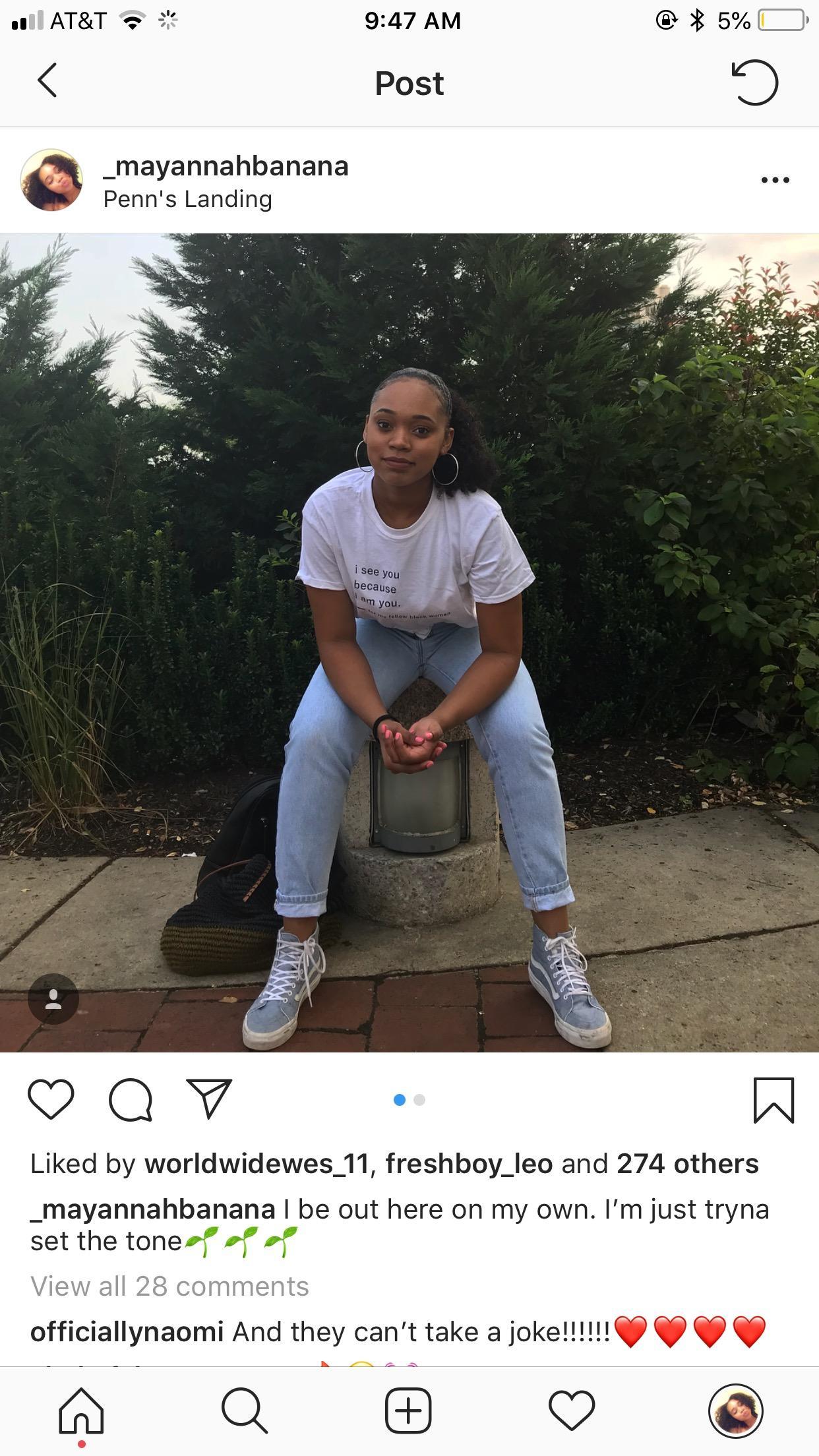




“Whenweidentifywhereourprivilegeintersects withsomebodyelse's oppression, we'llfindouropportunitiesto makerealchange. ” ―IjeomaOluo

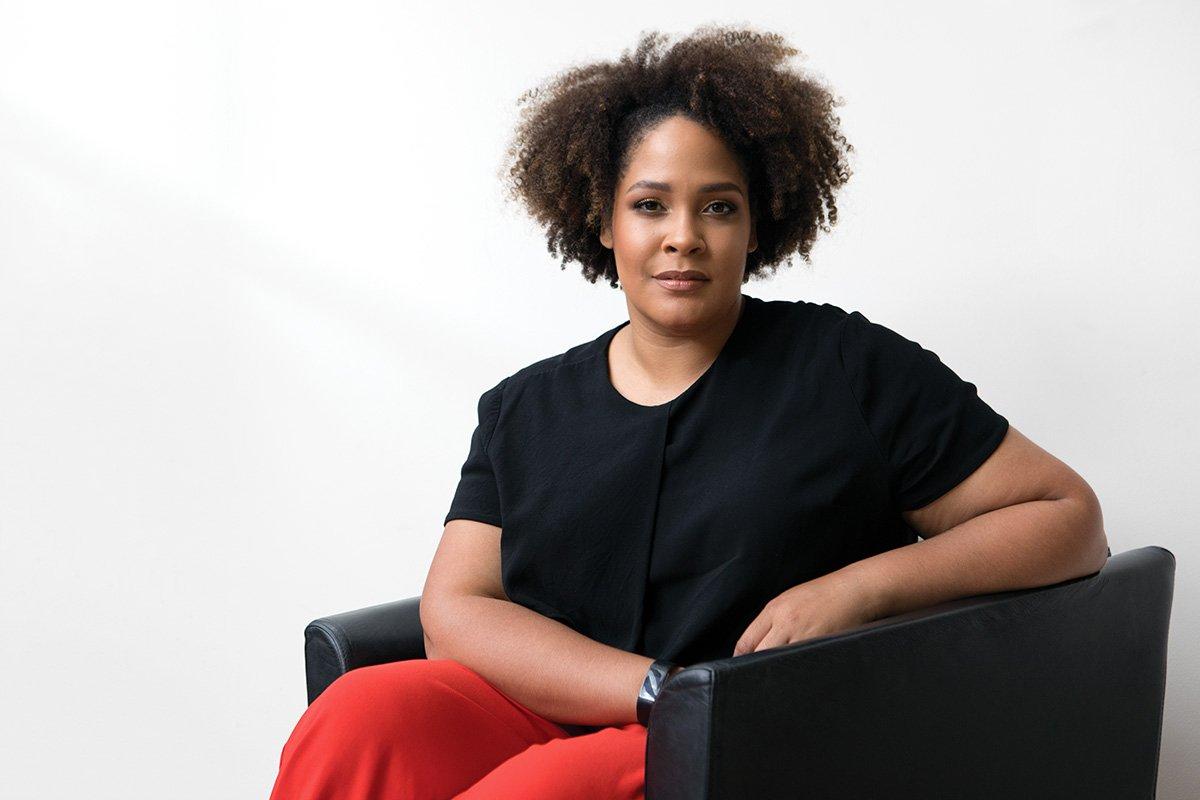
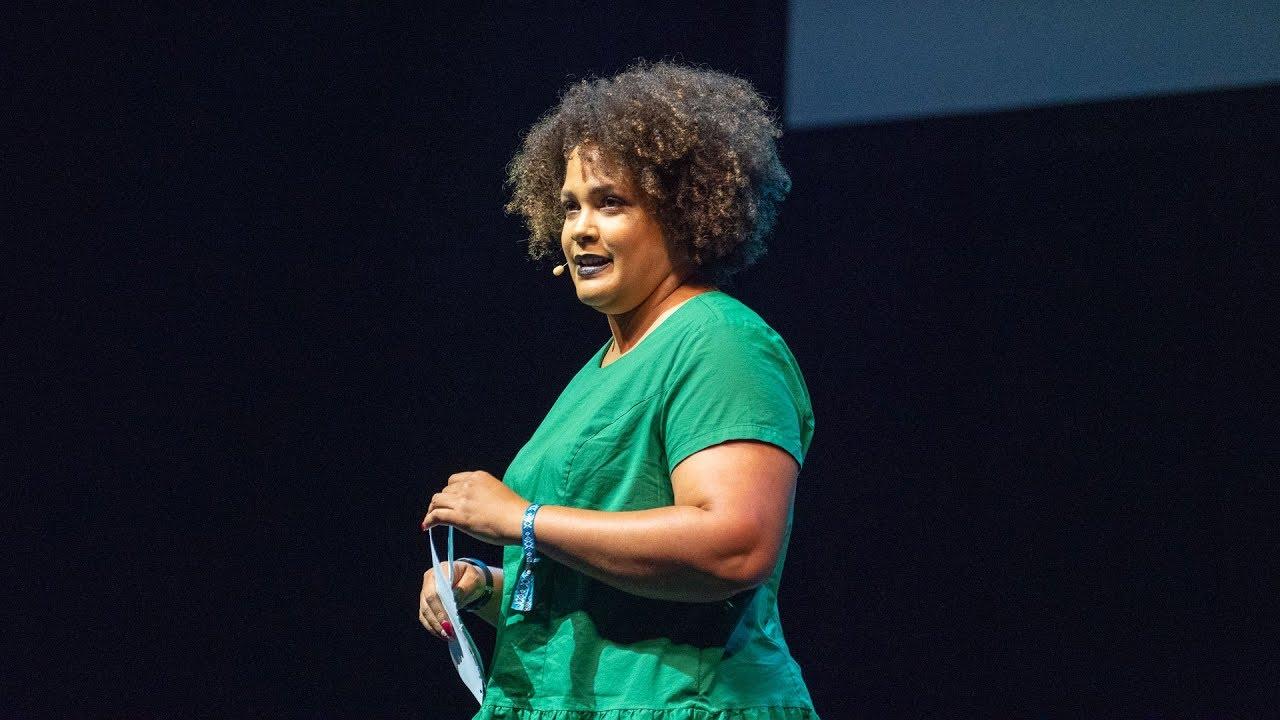
" Simply put: Ijeoma Oluo is a necessary voice and intellectual for these times, and any time, truth be told. Her ability to write so smartly and honestly with strokes of humor about race in America is heaven sent and demonstrates just how desperately we all need to be talking about race, and perhaps, more importantly, this insightful book shows those in power or privilege how they need to listen."—Phoebe Robinson, New York Times bestselling author of You Can't Touch My Hair and Everything's Trash, But It's Okay


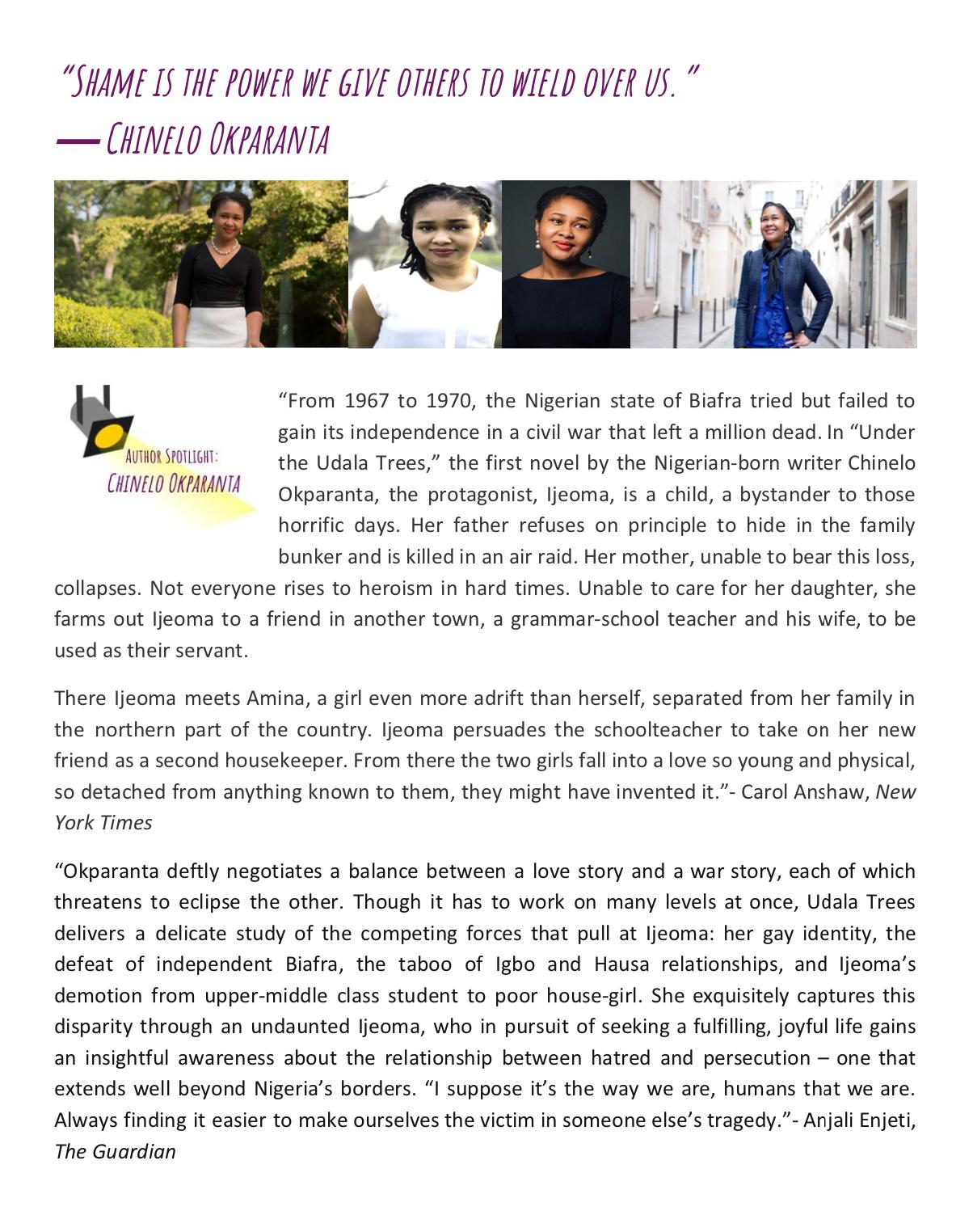
"What Ijeoma Oluo has done, and continues to do, is nothing short of revolutionary -- she has created a conversational guide and laid out a movement-building blueprint for people of all races who are invested in self-assessment, open to being challenged, and committed to collective progress. One of the most important voices of our time, Oluo encourages us to be the conversation starters in our own lives and to keep talking -- someone who needs to hear us is listening."—Feminista Jones, author of Reclaiming Our Space
"I don't think I've ever seen a writer have such an instant, visceral, electric impact on readers. Ijeoma Oluo's intellectual clarity and moral sure-footedness make her the kind of unstoppable force that obliterates the very concept of immovable objects."—Lindy West, New York Times-bestselling author of Shrill
"With this book, Ijeoma Oluo gives us -- both white people and people of color -- that language to engage in clear, constructive, and confident dialogue with each other about how to deal with racial prejudices and biases." — National Book Review




